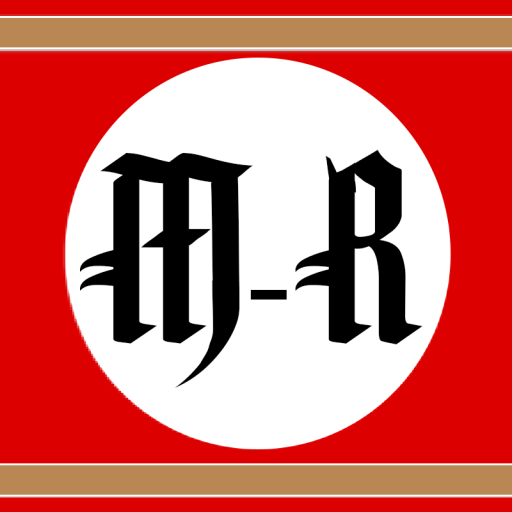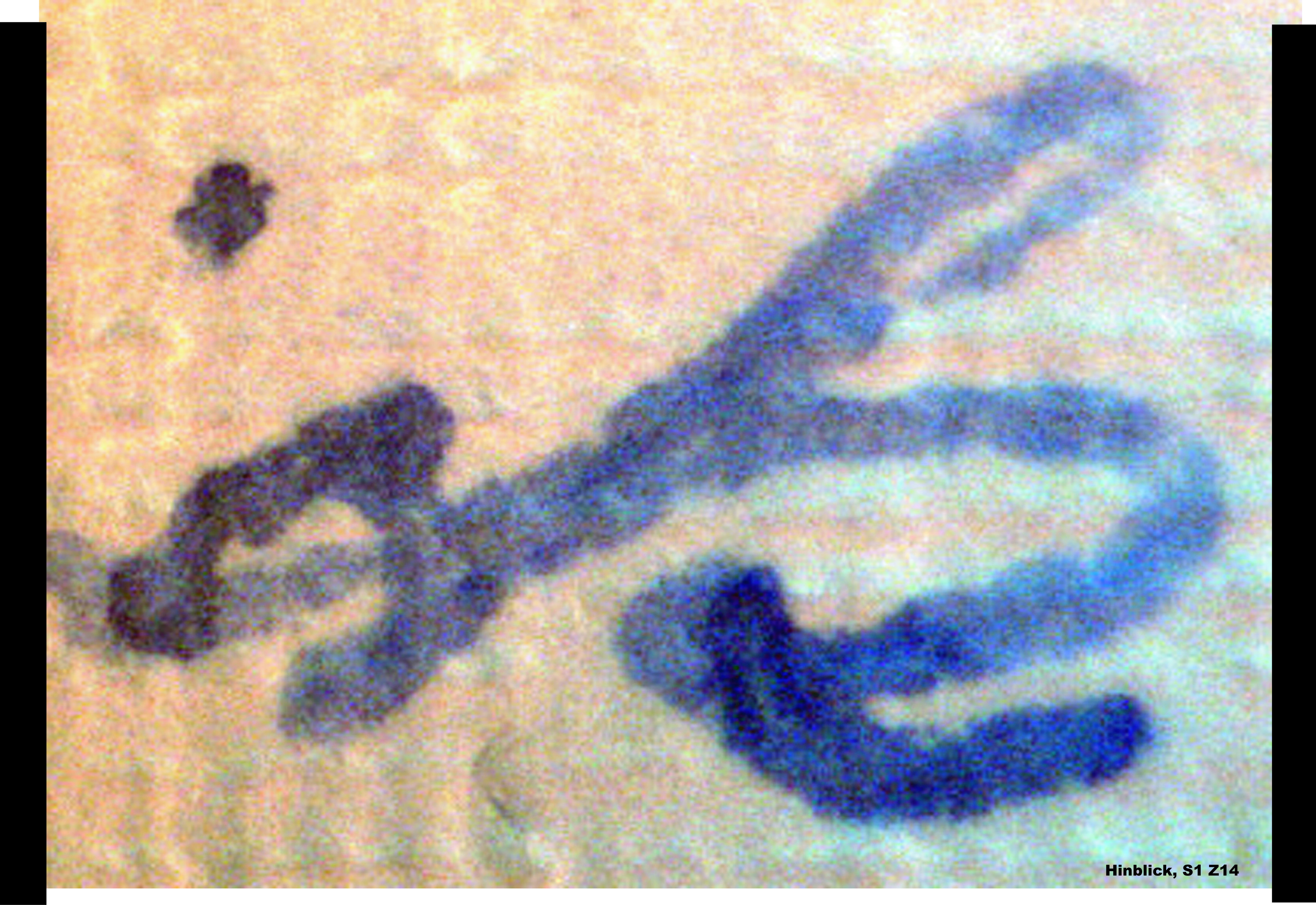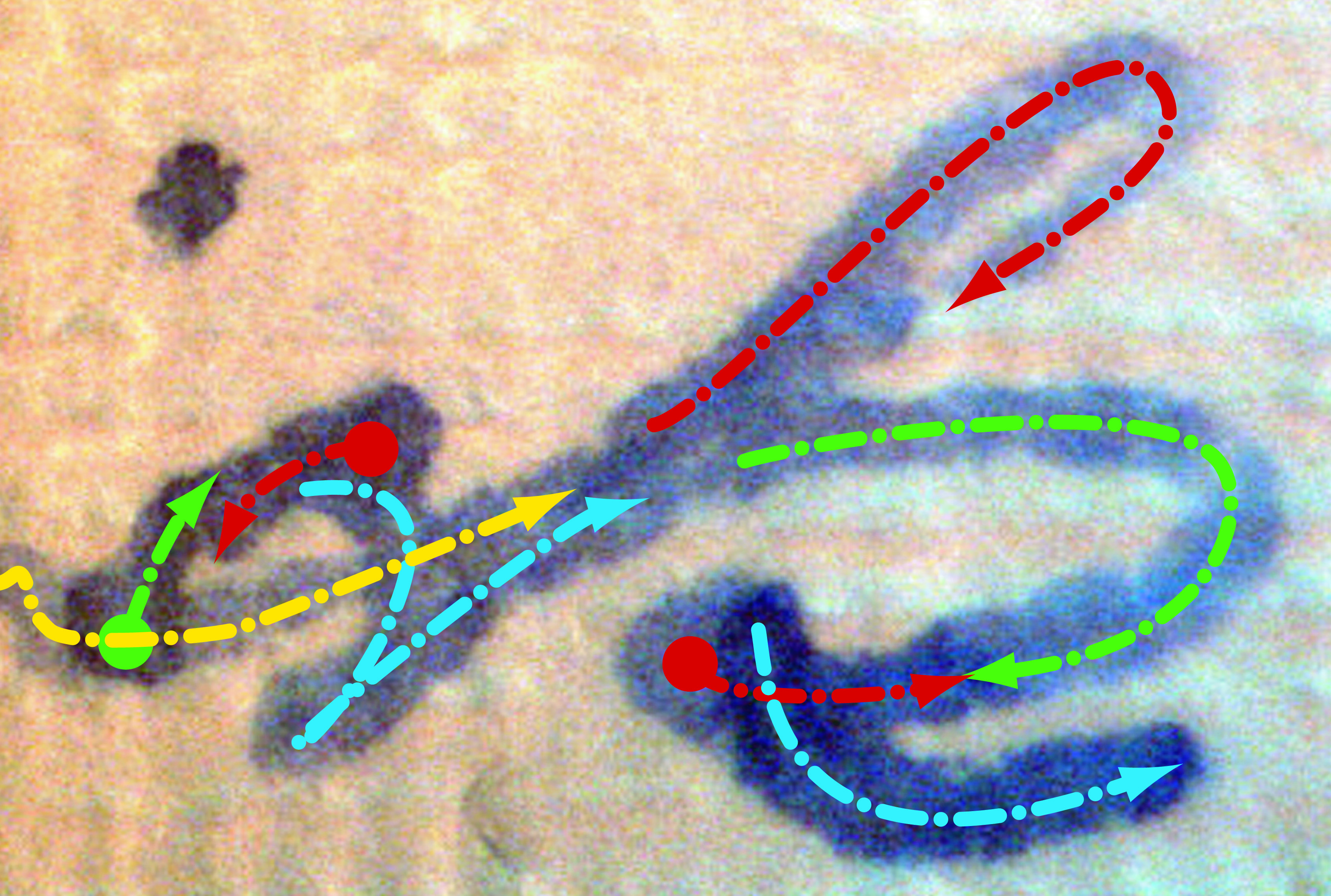Nazi Paradise Austria
Efraim Zuroff in Interview: “Hunting Nazis in Austria is Pointless”
Efraim Zuroff has an unusual profession. He tracks down the last Nazi war criminals. In this interview, the head of the Jerusalem Wiesenthal Center discusses his lifelong battle against forgetting.

Mr. Zuroff, you have been pursuing Nazi war criminals for over 35 years. How does one become a Nazi hunter?
EFRAIM ZUROFF: I have two answers to that question, one mystical and one practical. Which one would you like to hear?
Both.
When I was born in 1948 in New York, my grandfather was in Europe, helping Holocaust survivors. My father sent him a telegram: “Esther has given birth to a boy.” My grandfather wired back: “Name him Efraim!” His youngest brother, who had been murdered with his wife and two children in Vilnius during the Holocaust, had been named Efraim. Is it surprising, then, that I devoted my life to dealing with the Holocaust?
You mean, your murdered great-uncle lives on in you?
We Lithuanian Jews are not so much into mysticism. I never intended to become a Nazi hunter. My big dream was to become the first Orthodox Jew from Brooklyn to be a basketball player in the NBA. But I wasn’t good enough for that, and as an Orthodox Jew, you can’t play in the NBA. A defining moment for my path was the Six-Day War in 1967. I was still in New York, and I saw a map of troop strengths in the newspaper. On one side, countless tanks, soldiers, airplanes. Those were the Arabs. Facing them, a single figure. That was Israel. Oh God, I thought, this will be a second Holocaust! Even though there was no reason to say that.
Why not?
Because back then, nobody talked about the Holocaust. Not even the fact that I carried the name of a Holocaust victim was of great significance. What was more important was that my great-uncle had been a great Talmud scholar.
Was the Holocaust a taboo?
It wasn’t a taboo, but the Jewish world felt guilty because it couldn’t save European Jews. Therefore, looking forward took precedence. That changed with the Six-Day War. In an instant, defense of Israel and the Holocaust became central to the Jewish consciousness worldwide. I too decided to live in Israel and serve the Jewish people.
What was your first major achievement?
That was in the mid-1980s. I worked for the Office of Special Investigations of the U.S. Department of Justice in Israel. The job was mundane, as I was only allowed to perform menial tasks. One day, we received information that Josef Mengele, the infamous Auschwitz camp doctor, had been arrested by the U.S. Army in Vienna in 1946 and released. It was a shock. I was assigned to the case. I knew that many Nazi criminals had registered as refugees after 1945 and fled overseas. When I examined the lists from the International Tracing Service of the Red Cross, I saw that all the important information was there: date of emigration, boat, destination, and often even the first residential address in the USA. Hallelujah, that’s a goldmine, I thought. To be sure, I cross-referenced the names of 49 Latvian and Lithuanian war criminals and found 16 matches. That’s when I knew I could find out where a war criminal had disappeared in five minutes. It was the moment when I truly became a Nazi hunter.
How many Nazi war criminals have you brought to trial?
In total, around 40. But only very few were actually convicted. Also, most of the information we receive is worthless. Since we started Operation Last Chance to track down the last Nazi war criminals in 2002, I receive many calls from the USA, usually going like this: “Is this the Wiesenthal Center?” – “Yes.” – “Do you pay for important tips?” – “Not always.” – “Hmm, still, I want to report the following: I just had an argument with my 90-year-old German neighbor. He must be a Nazi!” Out of the over 1,000 names we collected, we could distill eight cases where there was involvement.
Why is it so important to bring Nazi criminals to justice after so many years?
I can give you seven reasons.
1. The passage of time does not diminish the guilt of the murderers.
2. Age should not protect a war criminal.
3. We owe it to the victims to seek out their murderers.
4. Those who commit such crimes should know that they can still be pursued even decades later.
5. It is important to combat Holocaust denial and distortion.
6. You don’t have to be Himmler to be punished as a Nazi. The Holocaust was only possible because there were many small John Demjanjuks.
7. In the over 35 years that I have been hunting Nazis, I have not encountered a single criminal who showed remorse. When we tracked down Dinko Šakić in Argentina in late 1998, the commander of the Ustaša-run Jasenovac concentration camp, he declared in front of the cameras: “The problem with Jasenovac was that we weren’t allowed to finish the job.” By job, he meant the murder of tens of thousands of Jews, Roma, and Serbs. These people deserve no mercy!
Is your work dangerous?
The more successful I am in a country, the more they hate me. In the case of Milivoj Ašner, who as a police chief in the Ustaša participated in the deportation of Serbs and Jews and lived undisturbed in Klagenfurt until his death, a bounty was even







